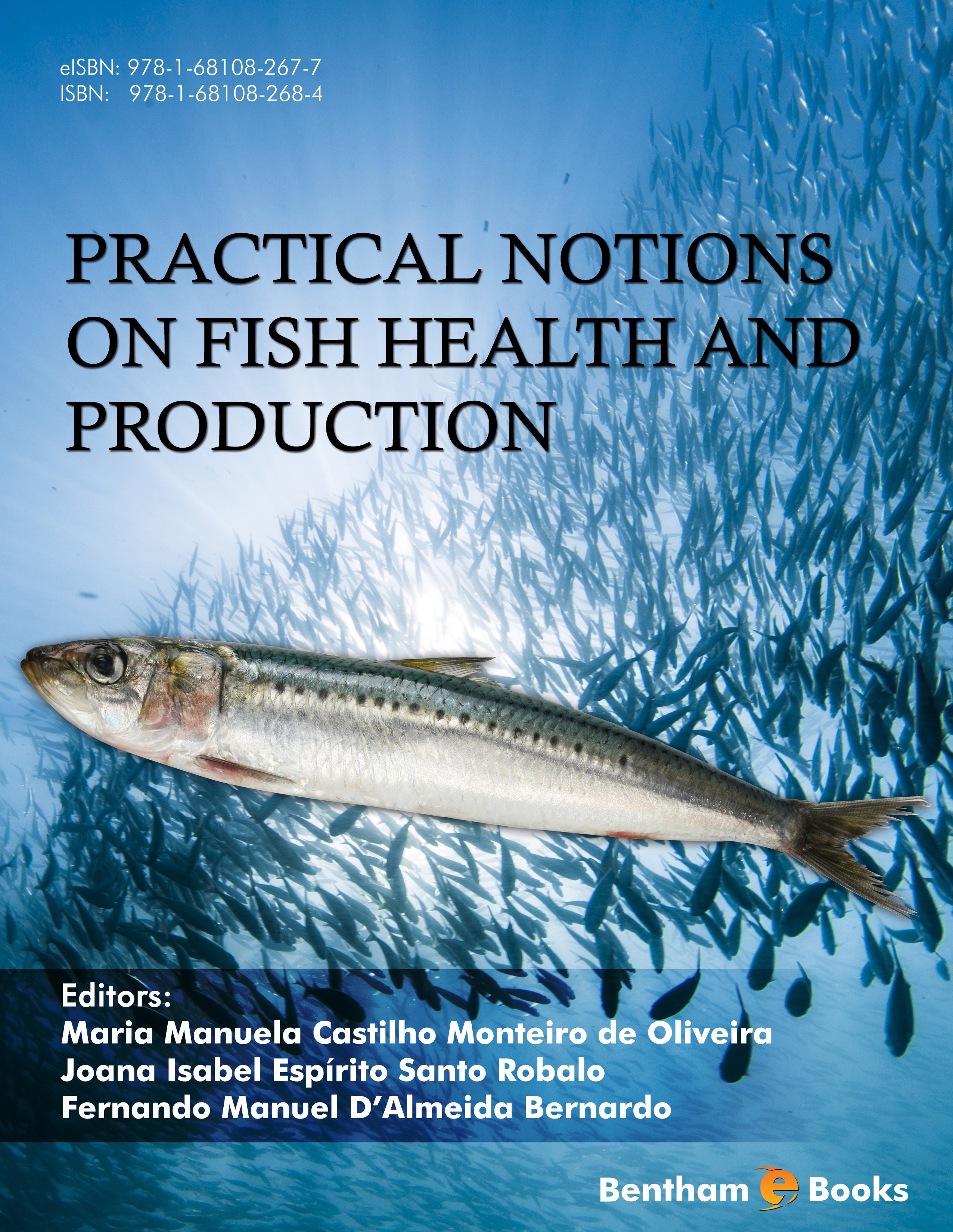Industrial fishing activity is limiting natural fish populations and aquaculture seems to be the only sustainable alternative.
Fish stock management in the wild implies the monitoring of several ecological parameters concerning the evolution of fish population, namely mortality, growth, availability of feed, predatory acts and climate changes. One of the most predictable consequences of global warming is ocean water acidification due to the increasing CO2 concentration in the atmosphere. This achievement may have a significant impact on trophic chains affecting namely synthesis of exoskeleton of marine zooplankton based on CaCO3.
Aquaculture productivity is conditioned by several factors, including feed and health management, species behavior, reproduction requirements and water characteristics in captivity. Inadequate management procedures may have significant impact on fish health and welfare and subsequently lead to severe economic losses for producers and regular market supply.
In fact, these activities are inter-dependent, since for instance the feed management in aquaculture is dependent on fish capture from the wild. All is connected and related, requiring contributes of different levels of interdisciplinary knowledge for an adequate management including contributions of politicians, judicial authorities, biologists, veterinarians, public health entities, producers and consumers.
In terms of aquatic productivity, interaction between veterinarians and biologists is crucial. Practitioners and researchers of both areas must cooperate, share knowledge, and develop complementary research activities.
This text book aims to contribute to an integrated approach concerning practical notions of ichthyology, fish health and production systems. It is an attempt to contribute to fish related research in biology and veterinary sciences.
The book is organized in three sections. The first includes two reviews on general aspects of fish biology and development and the second included three chapters on fish health related subjects. The remaining three chapters are included in the last section, devoted to fish production aiming food chain supply.
We would like to thank all authors who have contributed to this book and all people who somehow helped us to bring it to daylight, including our family, friends, colleagues and students.
Unfortunately, during the drafting process of this book, two of our major contributors passed away, rendering additional challenges to text edition. However, a comprehensive attitude from our publishers allowed us to overcome the moments of discouragement. For that we would like to express our deepest gratitude.
Professor Cristina Vilela (1958-2013) was a Full Professor with Tenure and the Vice-Dean of the Faculty of Veterinary Medicine of the University of Lisbon. Her main research areas were Clinical Microbiology and Mucosal Immunology, but as a devoted scientist she was also interested on several subjects related to Veterinary Sciences, namely on fish infectious diseases. Her dedication to science and teaching was exceptional, and she will be deeply missed.
Professor VítorAlmada (1950-2013) was a Full Professor with Tenure at ISPA-IU in Lisbon. He started his research activity studying the behavior of littoral fishes, but soon started to spread his research to the ecology, genetics and biogeography of both freshwater and marine fishes. He was a devoted researcher and teacher and also an enthusiastic naturalist. Always happy to build bridges between sciences and research topics, he is, and certainly will be, a reference to present and future fish researchers. His work will last in the form of published papers and in the research of his students. We will always miss him.
Both were wonderful scientists with long and productive carriers. But most of all they were dear friends so this book is dedicated to their loving memory.
Manuela Oliveira
Laboratory of Microbiology and Immunology
Avenida da Universidade Técnica
Lisbon
Portugal

